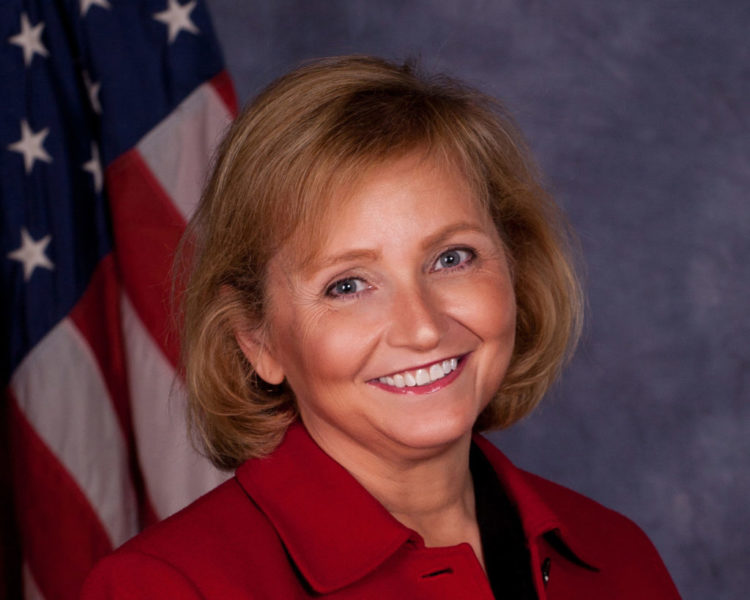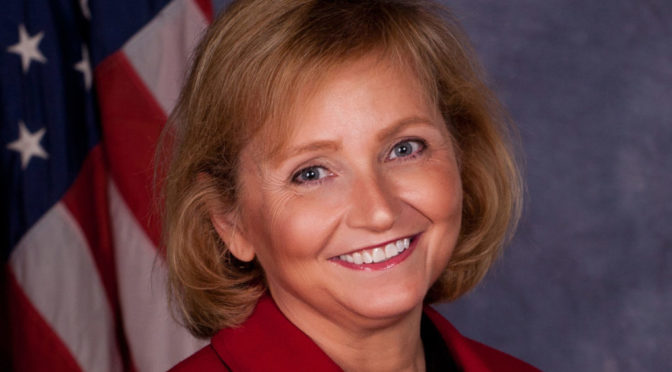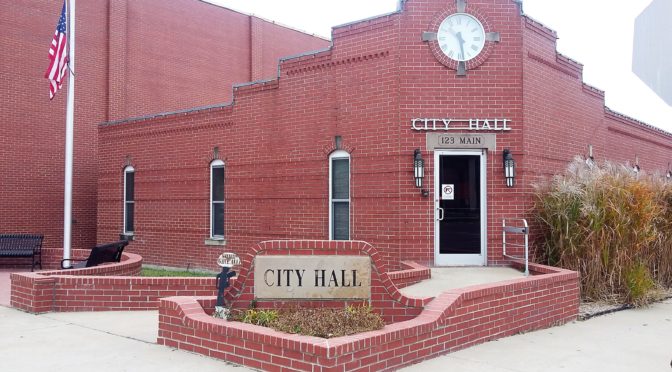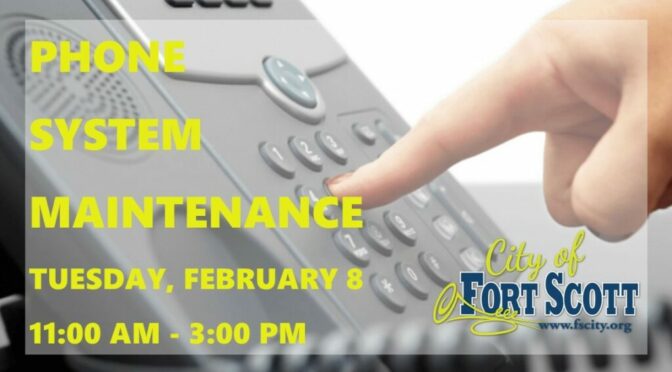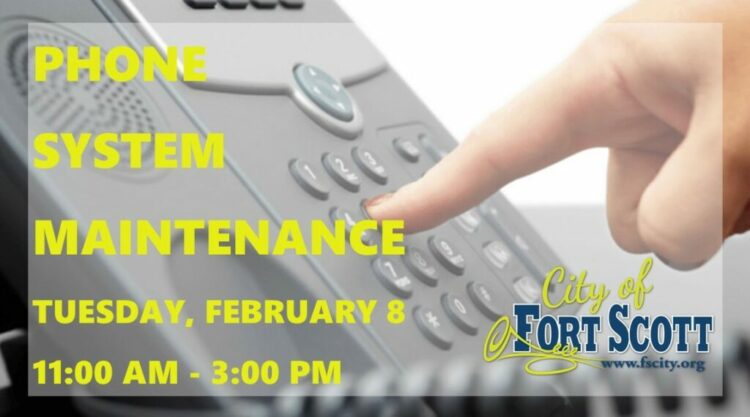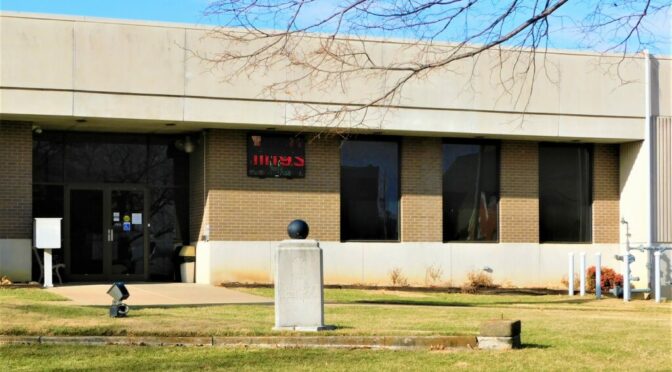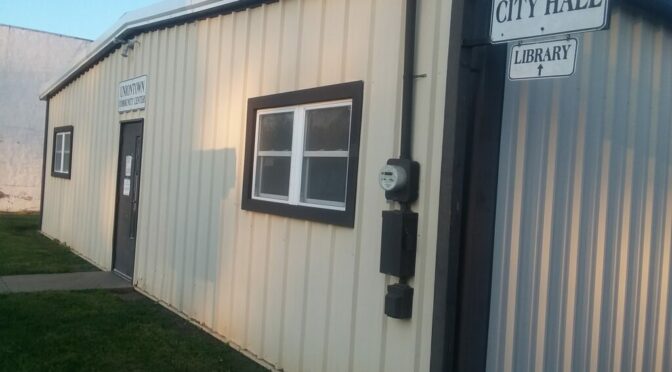The Regular Council Meeting on January 10, 2022 at Uniontown City Hall, was called to order at 5:30 PM by Mayor Jurgensen. Council members present were Jess Ervin, Danea Esslinger, Josh Hartman, Amber Kelly, and Bradley Stewart. Also in attendance for all or part of the meeting were Tyler Travis, Codes Enforcement Officer Doug Coyan, City Treasurer Charlene Bolinger, City Superintendent Bobby Rich, and City Clerk Sally Johnson.
SPECIAL CONSIDERATIONS/PROJECTS
Oath of Office was administered to newly elected officials. President of Council was elected.
Motion by Hartman, Second by Esslinger, Approved 4-0-1 (Ervin abstained) to elect Jess Ervin as President of Council
CITIZENS REQUEST
FINANCIAL REPORT
Treasurer Bolinger presented the December Treasurer’s Report. Beginning Checking Account Balance for all funds was $348,223.56, Receipts $68,673.96, Transfers Out $35,022.42, Expenditures $58,131.60, Checking Account Closing Balance $323,743.50. Bank Statement Balance $335,330.57, including Checking Account Interest of $28.96, Outstanding Deposits $0, Outstanding Checks $11,587.07, Reconciled Balance $323,743.50. Water Utilities Certificates of Deposit $30,038.92, Sewer Utilities Certificate of Deposit $18,538.88, Gas Utilities Certificates of Deposit $28,323.63, Total All Funds, including Certificates of Deposit $400,644.93. Year-to-Date Interest in Checking Acct is $369.71, and Utility CDs $323.27 for a Total Year-to-Date Interest of $692.98. Also included the status of the Projects Checking Account for the month of December 2021, Beginning Balance $0, Receipts $0, Expenditures $0, Ending Balance $0. December Transfers from Sewer Utility Fund to Sewer Revolving Loan $1,400.00, Capital Improvements $1,000, Capital Improvement-Streets $250, and General Fund $2,000, from Water Utility Fund to GO Water Bond & Interest $1,622.00, Capital Improvements $1,000, Capital Improvement-Streets $750, Security Meter Deposit $0.14, and General Fund $3,000, from Gas Fund to Capital Improvements $3,000, Capital Improvement-Streets $12,500, Security Meter Deposit $0.28, and General Fund $3,000, from General Fund to Capital Improvements $3,000 and Capital Improvement-Street $2,500, Total Transfers of $35,022.42. Net Loss for the month of December $24,480.06, Year-to-Date Net Loss $77,354.97. Budget vs Actual Water Fund YTD Revenue $117,090.65 (117.3%), Expenditures $113,960.87 (92.1%); Sewer Fund YTD Revenue $37,924.19 (109.1%), Expenditures $39,925.02 (91.5%); Gas Fund YTD Revenue $149,077.20 (115.4%), Expenditures $292,421.16 (88.5%); General Fund YTD Revenue $148,684.70 (129.9%), Expenditures $157,586.80 (96.0%); and Special Highway YTD Revenue $9,287.36 (155.3%), Expenditures $13,736.60 (91.9%). The January 2022 estimated payables in the amount of $21,547.42 were presented.
CONSENT AGENDA
Motion by Ervin, Second by Hartman, Approved 5-0, to approve Consent Agenda:
- Minutes of December 14, 2021 Regular Council Meeting
- Treasurer’s Report, Monthly Transaction Report & Accounts Payables
- Resolution 2022-0110-1 – 2022 GAAP Waiver
- Destruction of records for 2011 and prior
DEPARTMENT REPORTS
The sewer main servicing Tyler Travis’ at 204 Second St sewer line is blocked by roots. Superintendent Rich received some quotes to cut out the roots, from Meyer Specialty, Wichita, at $450/hr and Ace Pipe Cleaning, Kansas City, at $300/hr. Also roots in main near 304 Washington St. Replacing the main with pvc at 204 Second St is out of the question due to the proximity of electric pole in the dig area and property owners garage (excavator will not attempt). It was suggested to look into using ARPA funds to pay for this.
Motion by Ervin, Second by Hartman, Approved 5-0 to contract Ace Pipe Cleaning to clean roots out of sewer mains near 204 Second St and also near 304 Washington.
Rich reported that the tractor has been repaired. Councilman Stewart volunteered to haul to/from the mechanic in Colony. Mechanic cost was substantially less than PrairieLand Partners.
Trees have been planted at park and pond.
Codes Enforcement Officer Coyan started discussion on ordinances for storage containers, storage/accessory buildings. Mayor Jurgensen spoke to owner of 112B Second St and 103 Fifth St. They will sell 112B Second Street to the City for $1,000. Mayor and owner discussed that 103 Fifth St needs cleaned up. A letter needs to be sent to initiate cleanup. Cleanup completion date was discussed. Discussion concerning the purchase of 112B ensued. This property adjoins the Kite property the City recently acquired.
Motion by Ervin, Second by Kelly, Approved 5-0 to purchase Lot 58 less west 8’, Block 11, Original town, Uniontown, Bourbon County, KS commonly known as 112B Second St
Clerk Johnson reminded Council that Local Government Day at the Capitol is January 26, 2022, and to let her know if she needed to register anyone or get lodging for them.
Communities in Schools is hosting “Mental Illness-The Silent Epidemic with Coach Potter” on January 17, 6:30PM at West Bourbon Elementary
Reminded Council of the Health in All Policies Learning Session on January 19, 2022, 5:00-8:00PM at Healthy Bourbon County Action Team office.
KRWA Delegate –
Motion by Ervin, Second by Kelly, Approved 4-0 to designate Bobby Rich as Delegate and Josh Hartman as Alternate Delegate for KRWA
She has registered for an ARPA Overview zoom on January 25 through CCMFOA.
COUNCIL REPORT
Councilman Ervin – nothing
Councilwoman Esslinger – nothing
Councilman Hartman – nothing
Councilwoman Kelly – She has been asked by someone on Bronson City County to have someone from Uniontown City Council to attend county commission meeting to have Maple Road resurfaced from Bronson to Uniontown.
Motion by Ervin, Second by Esslinger, Approved 5-0 to have Amber Kelly attend county commission meetings to get Maple Road resurfaced from Bronson to Uniontown
Councilman Stewart – nothing
Mayor Jurgensen – nothing
OLD BUSINESS
Traffic control on several streets – streets and locations were discussed.
Motion by Kelly, Second by Ervin, Approved 4-1 (Stewart) to purchase and install five sets of speed bumps and four signs with two sets on Hill St and three sets on Fulton St
Dog/Cat Ordinance and amendments review – after discussion, it was recommended to amend ordinance to include $100 fee per animal for non-compliance of number of animals allowed and animal(s) must be removed from city limits within 30 days or fee assessed again. Clerk Johnson will check with attorney and bring amended ordinance to next meeting.
Wholesale water supply – Councilman Hartman has been in communication with Bourbon County RWD #4 but the length of pipe to connect has not been determined. Councilman Ervin has been in communication with Rob Harrington, Bourbon County REDI, to facilitate a meeting between him, as a representative of City of Uniontown, and City of Fort Scott regarding rates.
Motion by Hartman, Second by Esslinger, Approved 5-0 to have Jess Ervin represent the City of Uniontown at meeting(s) with the City of Fort Scott and Bourbon County Consolidated Rural Water District #2 negotiating water rates
Pond Improvement Project – no update. The walkway east rail is welded on the east side and tacked on the west side.
City Utility Low-Interest Loan update – Interest rate for 2022 did not change, still 0.25%. Clerk Johnson plans to send yearly statements by the end of January.
American Rescue Plan Act update – Clerk Johnson will attend another zoom on ARPA on January 19. Final Rule has been released.
NEW BUSINESS
Street Repair – Mayor Jurgensen has spoken with County Commissioner Oharah about hiring the county to asphalt some of the streets in town this summer. As of December 31, there is $106,517.50 in the Capital Improvement-Streets fund. We might be able to asphalt about a mile of streets. Communication will continue with County on their willingness to work with us. The damage to the streets by the three different trash companies was discussed. It was suggested to have Clerk Johnson to check into citywide trash hauling to limit the number trash trucks on our streets.
Moved by Ervin, Second by Stewart, Approved 4-0, to adjourn at 7:39PM
